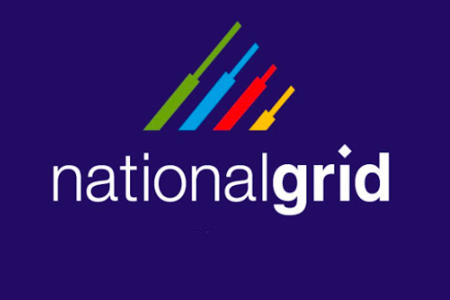 The UK’s National Grid is accelerating the connection of up to 20 GW of clean energy projects to its electricity transmission and distribution networks in England and Wales as part of ongoing collaborative work across industry.
The UK’s National Grid is accelerating the connection of up to 20 GW of clean energy projects to its electricity transmission and distribution networks in England and Wales as part of ongoing collaborative work across industry.
On its transmission network, 19 battery energy storage projects worth around 10 GW will be offered dates to plug in, on average four years earlier than their current agreement, based on a new approach which removes the need for non-essential engineering works prior to connecting storage.
The new policy is part of National Grid’s connections reform initiative targeting transmission capacity, spearheaded by the Electricity System Operator, ESO – which owns the contractual relationship with connecting projects – and actioned jointly with National Grid Electricity Transmission, that part of the business which designs and builds the transmission infrastructure now needed in England and Wales for connecting new projects.
Beneficiaries of this acceleration include scores of low carbon technology projects on its distribution network in the Midlands, southern England and Wales, bringing forward some ‘shovel ready’ schemes by up to five years.
National Grid has already been in contact with more than 200 projects interested in fast tracking their distribution connection dates in the first wave of the capacity release, with 16 expressing an interest in connecting in the next 12 months and another 180 looking to connect within two to five years.
Regulator Ofgem and government are to look for innovative solutions that will make plugging in clean energy projects faster and more flexible. That includes collaborative action between Britain’s transmission and distribution networks – part of the Energy Networks Association (ENA)’s three-step plan for connections – to manage their technical interface more effectively to unlock gigawatts of capacity.
Following detailed technical analysis by electricity transmission engineers, National Grid will now offer selected battery projects a transmission connection before network reinforcements are made, on the agreement that the ESO can adjust the battery’s behaviour in certain operating conditions to reduce system impact.
A further tranche of clean energy projects – primarily batteries and hybrids (batteries co-located with wind or solar) – will be offered accelerated transmission connections as part of another phase anticipated in the new year, which could bring forward another 10 GW.






